At the InConexus dry mill in Ibagué, Colombia, coffee beans fall from the edge of a conveyor belt with a sense of purpose. They have passed through the final gauntlet after a long and arduous journey, subject to the strict quality control measures of the farm and the mill at every stage along the way.
The final step of hand-sorting comes after the coffee has passed through several high-tech machines to eliminate defects and discolored beans, as well as multiple rounds of cupping and green grading to determine quality and readiness for export. The coffee is then bagged, shooting from the hopper into the GrainPro-lined sack that sits on the scale below.
Bogota-based InConexus is a private organization working with farms across Colombia to bring high-quality, sustainably produced coffee to market. For the past several years, the company has been organizing events that highlight different growing regions in Colombia. In doing so, they have shone a light not only on the unique properties of region-specific terroir, but also on the many and diverse ways in which Colombian farmers, millers and other actors throughout the chain are processing and preparing Colombian fine specialty coffees for export to premium markets.
For this event, called “Mejor de Tolima: Magia del Macizo,” InConexus hosted representatives from brands including Swiss Water Decaffeinated Coffee, Starbucks, Little Owl Coffee, Middle State Coffee, Passion House Coffee Roasters, PT’s Coffee Roasting and Bird Rock Coffee Roasters.
Before our journey through the Department of Tolima in central western Colombia — which would include farm and wet mill visits, innumerable cuppings and unforgettable sights from the coffee-growing communities and countrysides — we visited the InConexus dry mill and warehouse in the city of Ibagué.
Tolima is one of nine coffee growing regions where InConexus has a presence, and it is the third-largest coffee producing region of Colombia, according to the Colombian Coffee Growers Federation. Typical varieties found in Tolima include Caturra, Castillo, Colombia, Typica, Ping Bourbon, Geisha, and San Bernardo. The majority of coffees are processed using the wet (or washed) method, however there are many farmers experimenting with other processing methods such as dry and honey process.
Reaching the dry mill required a five-hour bus ride from Bogotá. Travel-weary and under-caffeinated, guests gratefully accepted cups of coffee handed to us upon arrival — a selection of curated offerings from the InConexus team to showcase the region’s unique and diverse flavor profiles — while InConexus staff provided an overview of the organization and its projects.
Adriana Villanueva, general manager and co-owner of InConexus, introduced the team that would be assisting throughout the event, including the company’s lead agronomist, technical assistance director Pedro Léon. InConexus has a number of programs to support producers and foster relationships with importers and roasters, ensuring a mutually beneficial exchange for all parties. It works to improve the economic, environmental, and social situation of its producer partners, while also focusing on increasing quality standards, sustainability efforts, and inclusivity initiatives at the farm level.
By developing and nurturing these partnerships throughout the supply chain, InConexus believes that entire communities can be empowered and that individual growers can be encouraged to become better business owners, resulting in higher-quality coffees, improved market access and, hopefully, increased income for sustainable and healthy livelihoods.
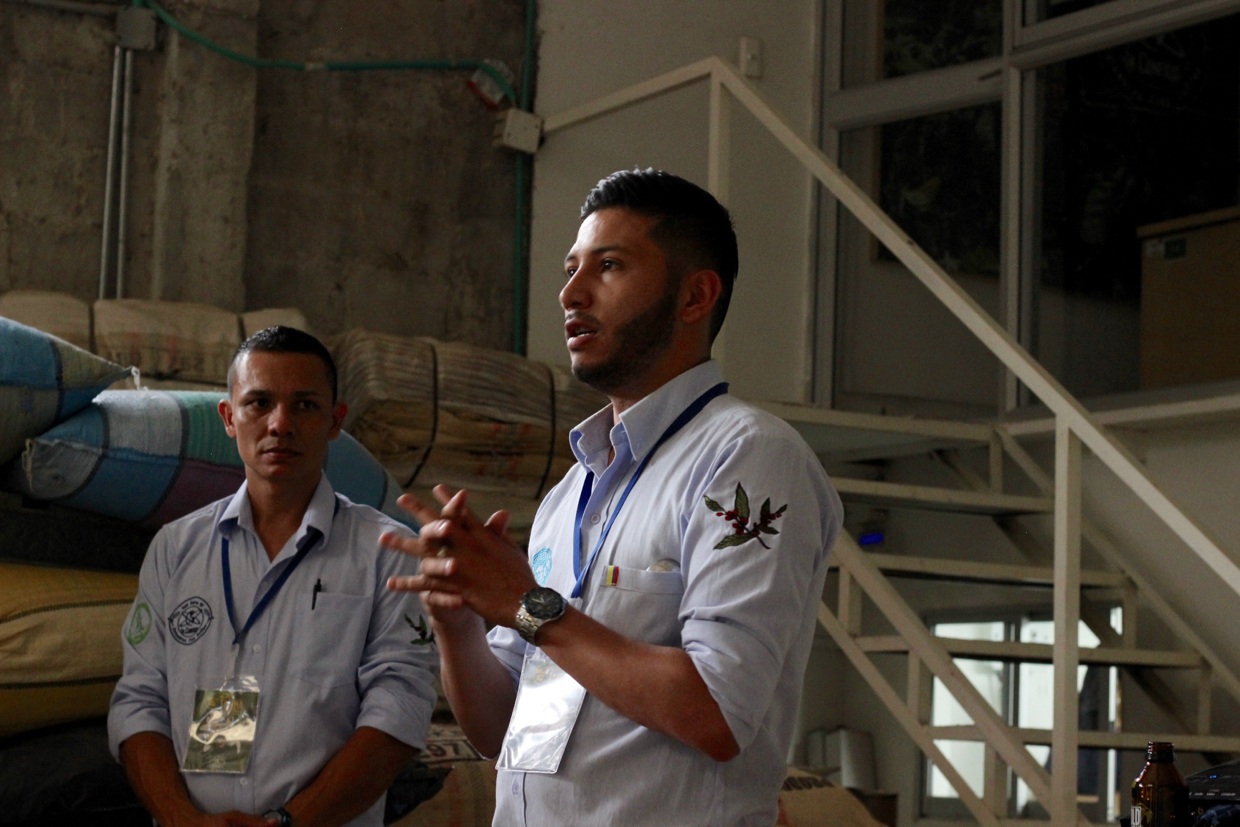
Angel Augustin Galindo, quality coordinator for InConexus (foreground) and Willson Fernando Munoz, manager of InConexus dry mill in Ibagué (background)
In addition to facilitating various certifications such as Smithsonian’s Bird Friendly Habitat, USDA Organic, Rainforest Alliance, and Fair Trade, InConexus has created a program called Women’s Power, aimed at supporting and elevating the role of women at the farm level and providing them with tools to manage their farms efficiently and effectively.
- Sample roaster for quality analysis
- Density sorter removes fragments and separates coffee into three sizes of beans
- Coffee goes through many different machines to remove defects and underripe beans
- Colombia coffee from Huila region awaiting export
- Jitka Ekartova manages events and sales for InConexus
- Willson Fernando Munoz, Manager of InConexus dry mill in Ibagué
- Coffee awaiting export at InConexus dry mill
In the next chapter of this two-part series, we’ll explore some of those farms as we head deeper into Tolima’s coffeelands.
Lily Kubota
Lily Kubota is the managing editor and digital content manager for Roast Magazine. She is based in Southern California.



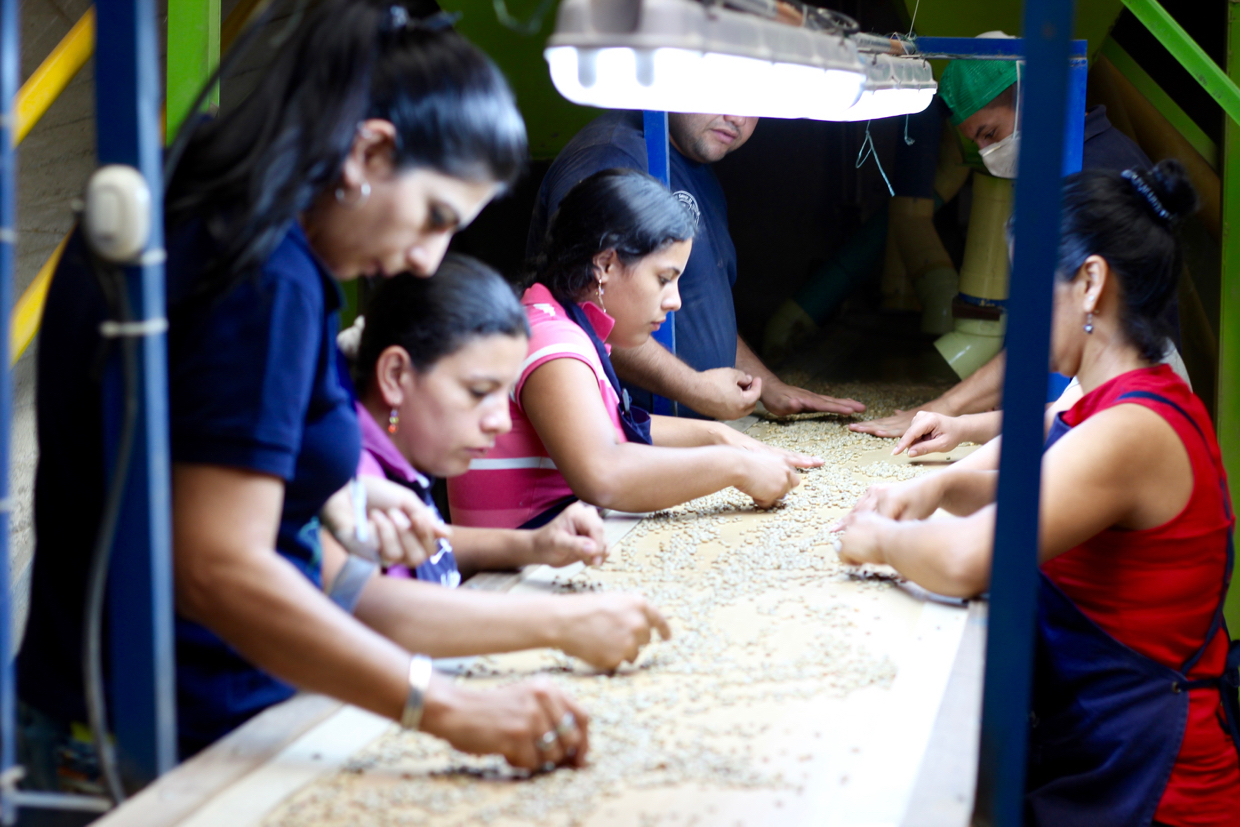
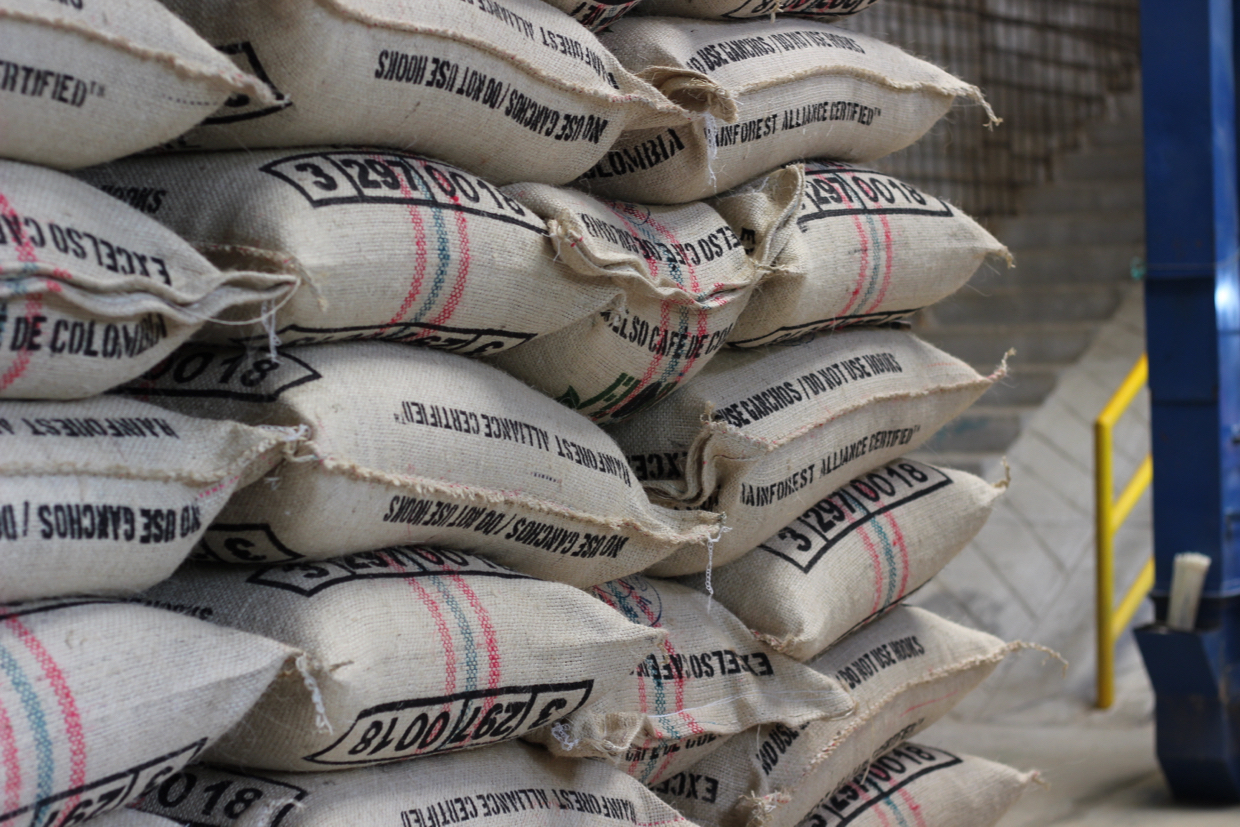
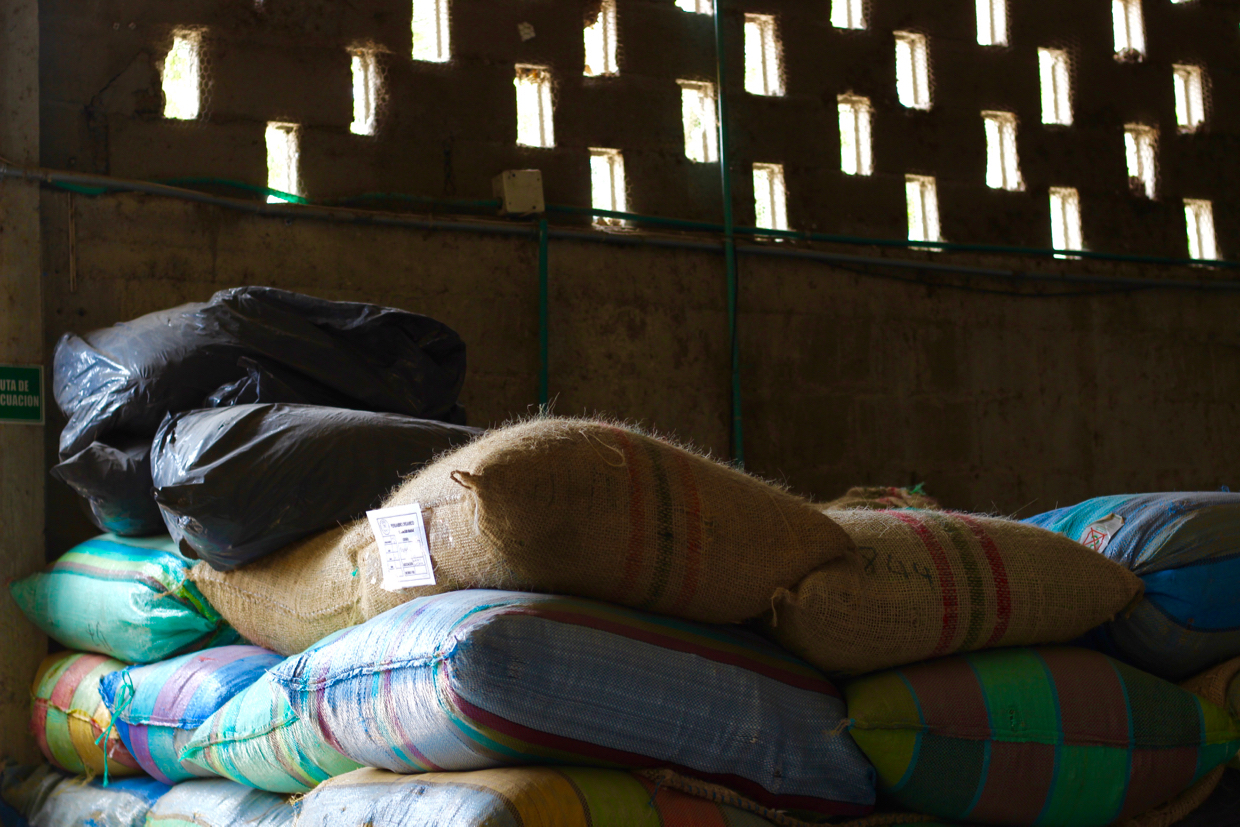
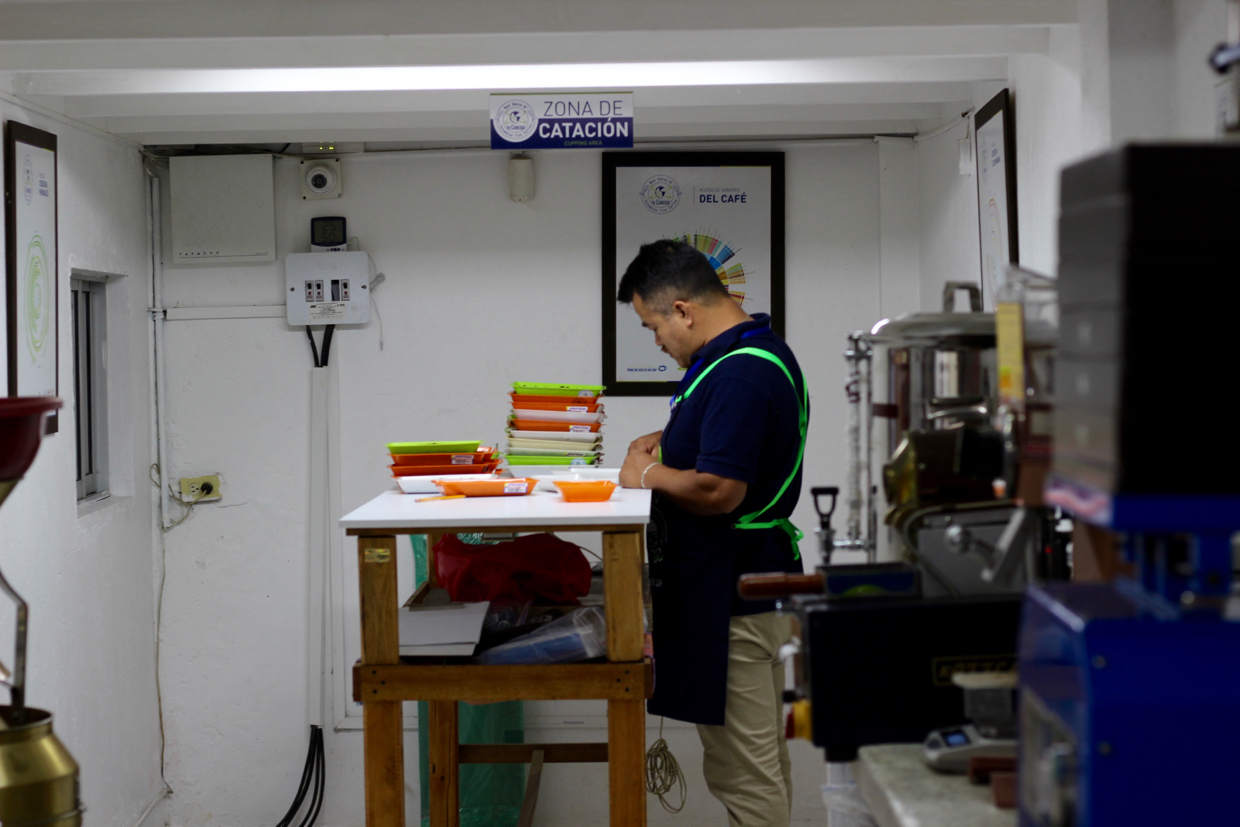
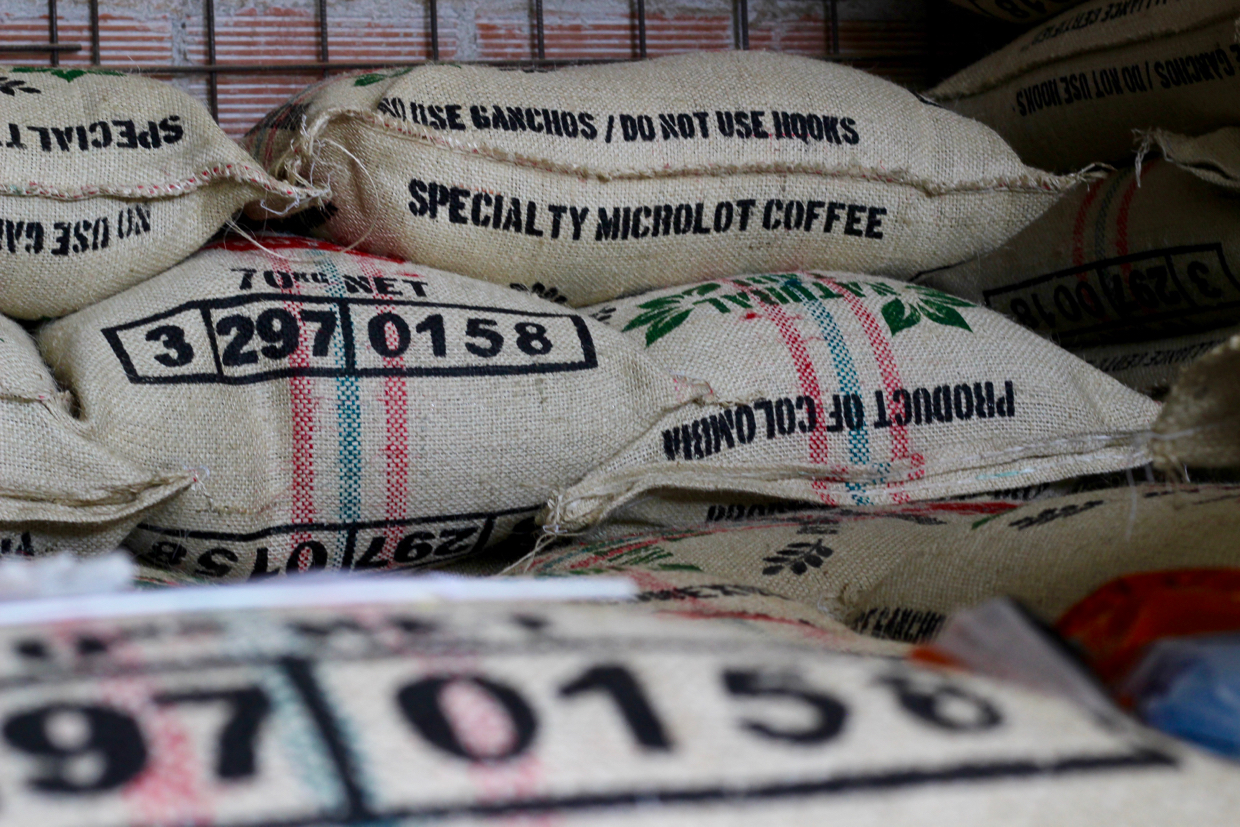
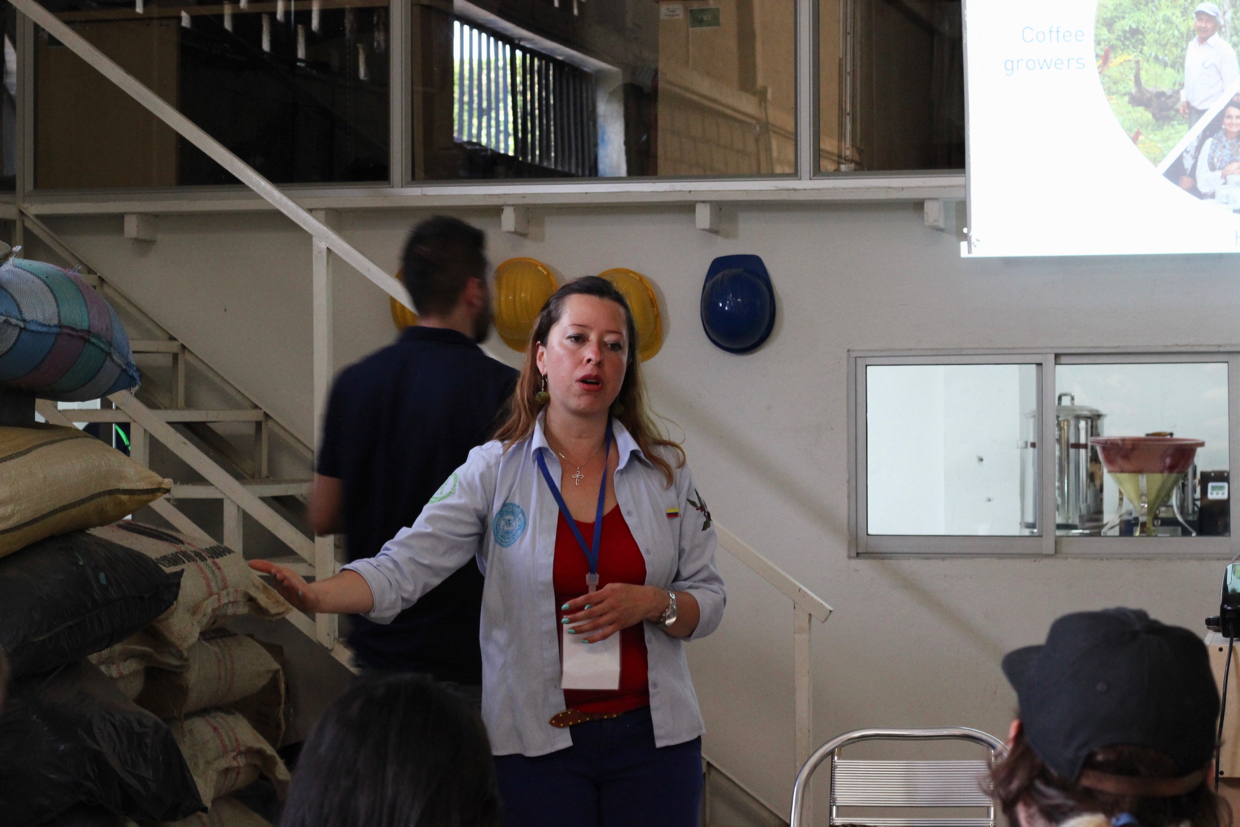
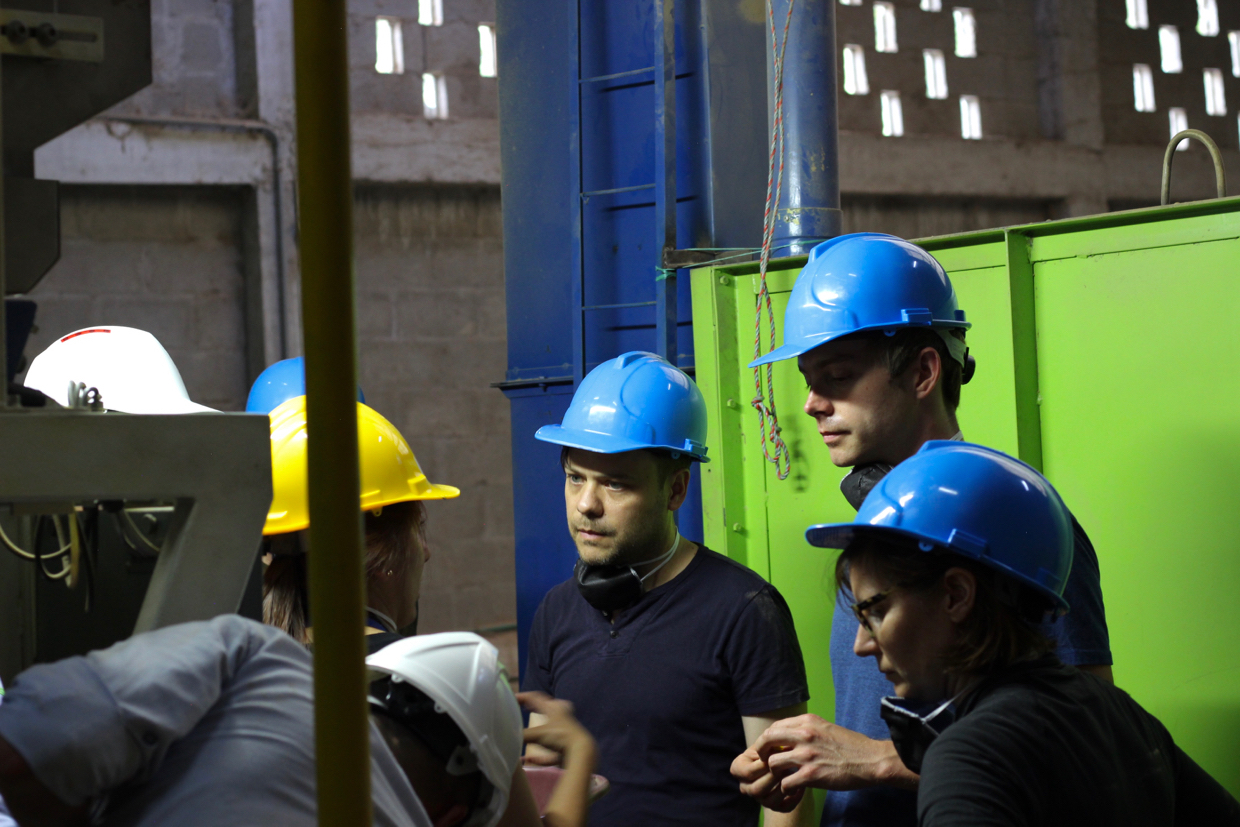



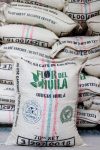


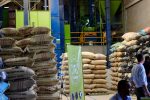



Comment